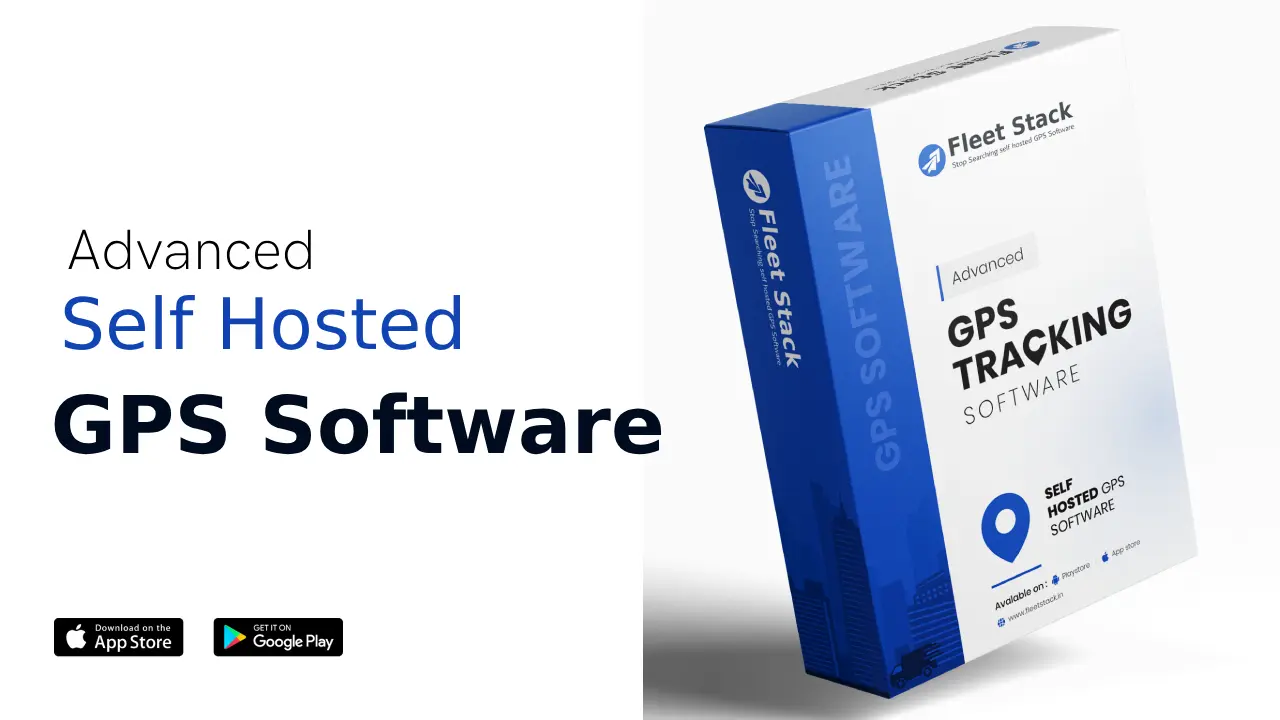
Unlock the potential of your fleet with FleetStack, the game-changing GPS tracking software. Seamlessly track, monitor, and optimize your vehicles in real-time, ensuring efficient routes, improved driver performance, and significant cost savings.
Would you like to share your thoughts?
Sign in to comment on this article

0 Comments